This summer I embarked upon the trip of a lifetime to Timor-Leste in southeast Asia for my medical elective. After a few days exploring the capital of Dili, and becoming wonderfully immersed in Timorese culture, the public ferry took us to the island of Atauro, and we were welcomed to our home for the expedition – Barry’s Place eco-lodge, a tropical paradise.
Our time on Atauro with Blue Ventures (BV) was truly unforgettable. Each morning we dived twice, in one of the world’s most biodiverse marine environments. Vast expanses of coral, turtles, rays, barracuda, clown fish, huge schools of fusiliers and thousands of other colourful reef fish. Over the first few weeks we learned about the science of the reefs, and how to identify all the different species of coral and fish. We then moved on to surveying the reefs, as part of an international monitoring programme called Reef Check.
When we weren’t diving or learning about the reefs, there were opportunities to become more involved in the community. Once a week we’d spend an hour at a local school, playing games with the students to help develop their conversational English, and every Friday we’d clean the beach in front of our accommodation, recording the debris data for BV’s partner NGO Tangaroa Blue. Mima, one of BV’s dive and science team, spent an afternoon showing us around her village and would regularly put on Tetun lessons for us. (one of the languages spoken in Timor).
Despite being spoiled by some of the world’s best diving, for me the most memorable experience of this expedition was our trip to Makadade, a village in the mountains, for their annual betel nut festival. Each year a handful of visitors attend the festival in the jungle to watch the Makadade community climb up tall spindly betel nut trees to retrieve the nuts – however, we were told that we were the first visitors to stay overnight in the village and join all of the festivities after the harvest. The village members were incredibly excited to have us there and were eager to have us try all their foods, listen to their music and join in with festivities. As the sun went down and the music was turned up, the dancing began, and we were quickly ushered into the middle of the square to dance. I have never experienced such a warm and wholesome culture, with such a strong sense of community.
For my medical duties, I worked with the expedition medic to help keep everyone in good health. The nature of the expedition – diving every day and living in simple accommodation in a remote, rural area – gave rise to a range of mainly minor ailments. Ear, nose and throat problems were common due to the effects of diving, and stomach problems were also frequent amongst the group, due to the adjustment to life on a tropical island compared with home. This provided me with ample opportunity to brush up on my General Practice skills, but fortunately our team remained pretty healthy throughout the expedition with no major injuries or illnesses, and no cases of malaria or dengue fever. However, I worked with the expedition medic to ensure that we both knew exactly how to recognise the symptoms of these diseases.
Scuba diving is the main activity on a BV expedition and, due to the remote locations of expedition sites, volunteers adhere to conservative dive profiles and stringent health and safety standards. This has resulted in an excellent safety record over the years, but there’s still always a chance that things can go wrong. To ensure that everyone is prepared for that possibility, the BV team runs medical evacuation drills every expedition, which can occur without warning, and provide an opportunity to practice emergency first aid in a high pressure environment. After these drills we would have a group debrief led by the expedition medic, providing a valuable learning experience, especially for someone like me with a keen interest in emergency medicine.
I expect I’ll never dive anywhere as pristine and beautiful as the reefs of Atauro again, and I’ll have a hard time matching my experiences on the island. I hope that later in my career I’ll be able to join another expedition as the medic, and in the meantime I’d urge anyone who’s interested in trying something a little different to join a BV expedition in Timor-Leste.
If after reading this far you have any questions about what an elective with Blue Ventures is like, please don’t hesitate to get in touch. The Blue Ventures office will be happy to pass on my email address.
Read about Hina’s experience spending her medical elective in Madagascar
Join our next expedition in Timor-Leste


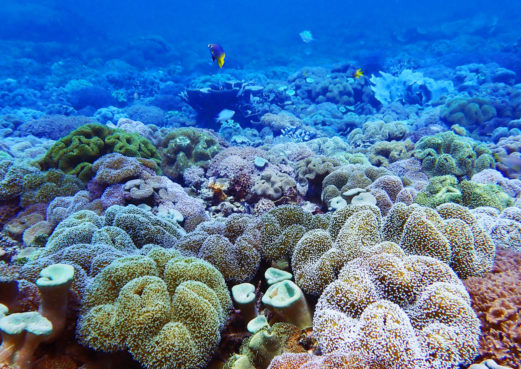
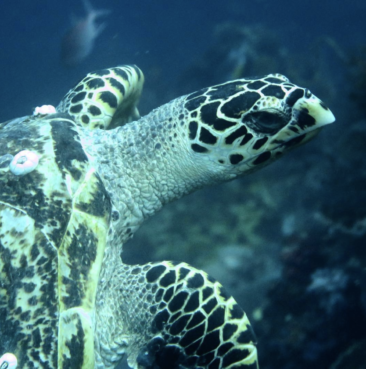
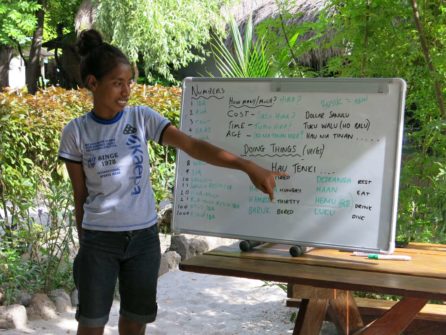
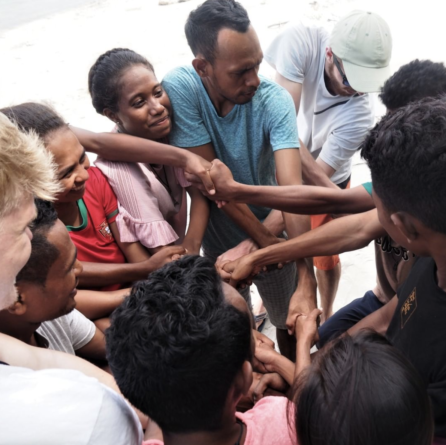
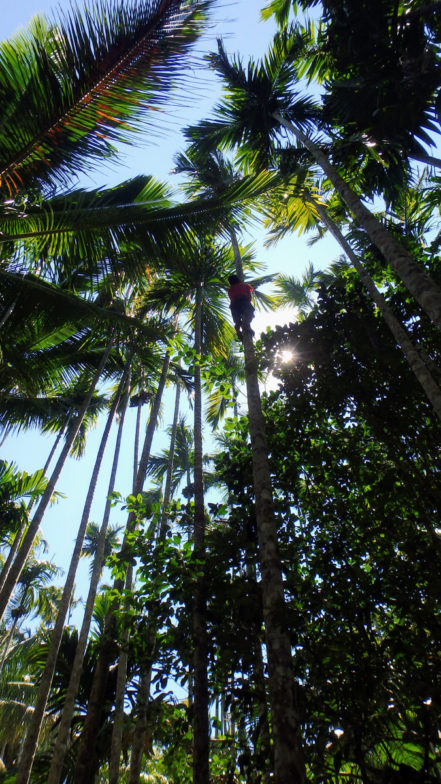
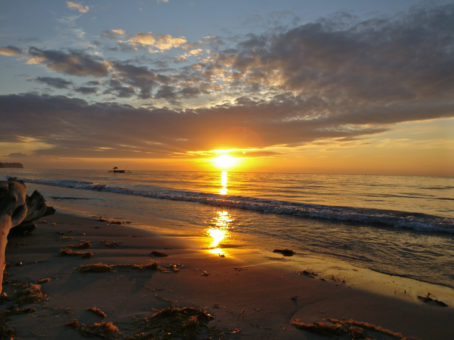
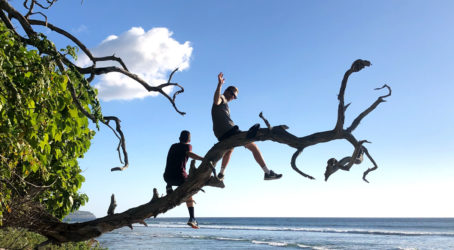
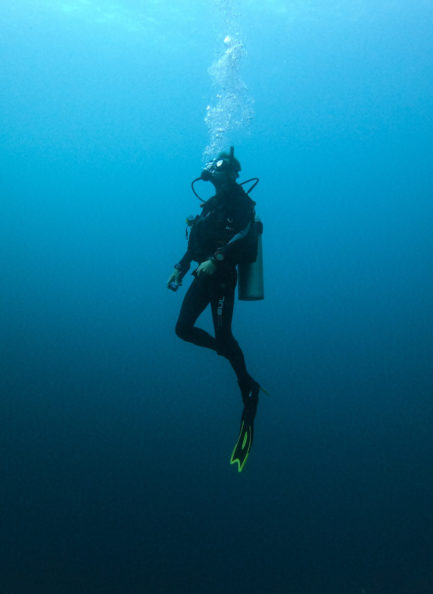
Thank you Nick!! Beautiful blog 🙂 we miss you!
Hi there! Really enjoyed reading your blog post – would love to chat to you about it if poss as I am considering doing this myself next summer! Thanks! Henry
Hi Henry! Get in touch with [email protected] and she can give you Nick’s contact details 🙂